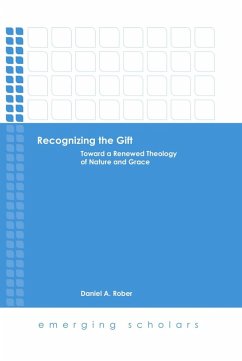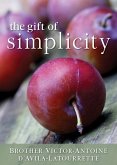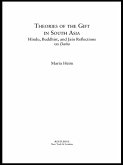Recognizing the Gift puts twentieth-century Catholic theological conversations on nature and grace, particularly those of Henri de Lubac and Karl Rahner, into dialogue with Continental philosophy, notably the thought of Jean-Luc Marion and Paul Ricoeur. It argues that a renewed theology of nature and grace must build on the accomplishments of the recent past while acknowledging that an engagement with the political is unavoidable for theology. Ultimately, the aim is to revive and broaden discussion of nature and grace by drawing together the insights of contemporary theologians and Continental philosophers. Too often these areas of inquiry remain quite separate, in part due to differing priorities. This work tries to open that conversation, in part by critically pointing out, in dialogue with Ricoeur, the need in Marion's work for an acknowledgment of recognition, reciprocity, and the political. It thus argues for a theology of nature and grace in terms of recognition of the gift, drawing out the reciprocal and political nature of gift and givenness in opposition to those, including Marion, who would seek to avoid politics and reciprocity as a proper avenue of inquiry for theology.
Dieser Download kann aus rechtlichen Gründen nur mit Rechnungsadresse in A, B, BG, CY, CZ, D, DK, EW, E, FIN, F, GR, HR, H, IRL, I, LT, L, LR, M, NL, PL, P, R, S, SLO, SK ausgeliefert werden.









